The Our Ocean Conference is critical in the global effort to protect and conserve the ocean, from our shores to the high seas.
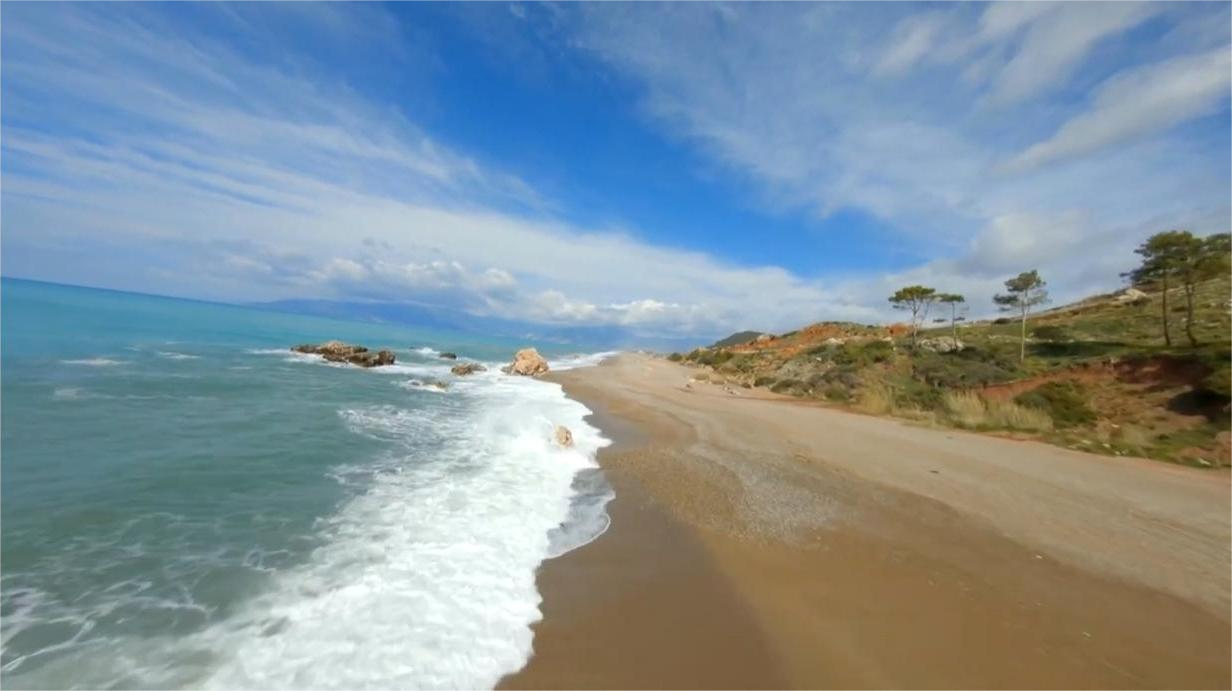
Since 2014, the Our Ocean Conference has become a global call to action for the ocean, mobilizing: over 2,900 commitments worth approximately $169 billion (USD).
The Our Ocean Conference is a critical step in the
global effort to protect 30% of the ocean by 2030
benefiting people, climate, and biodiversity.

Action Areas
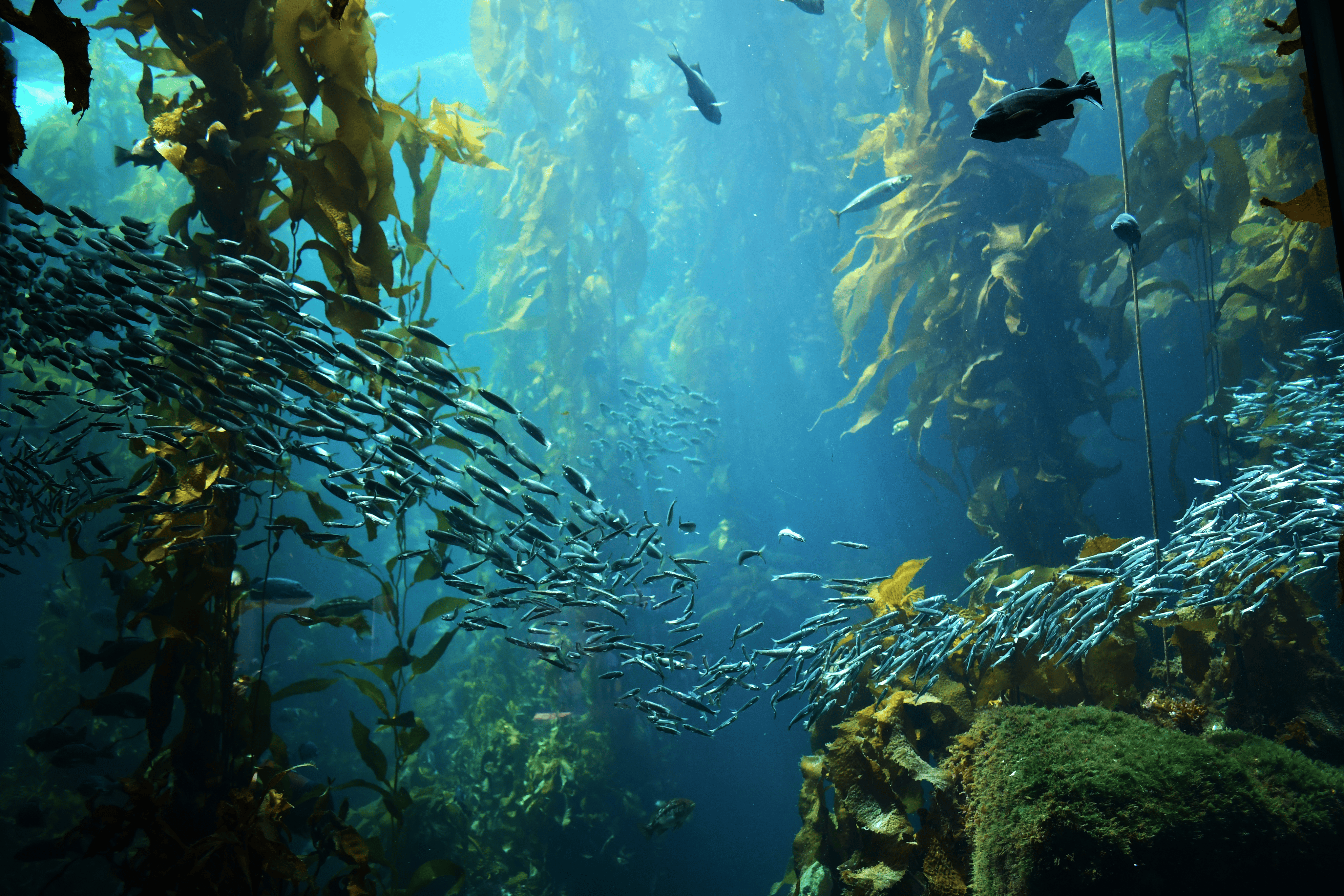
Marine Protected Areas
An effectively managed network of Marine Protected Areas (MPAs) with well-defined conservation measures that address the pressures of ocean-based activities, such as tourism, shipping, fishing, and aquaculture, is an essential instrument for safeguarding biodiversity and maintaining marine ecosystems.
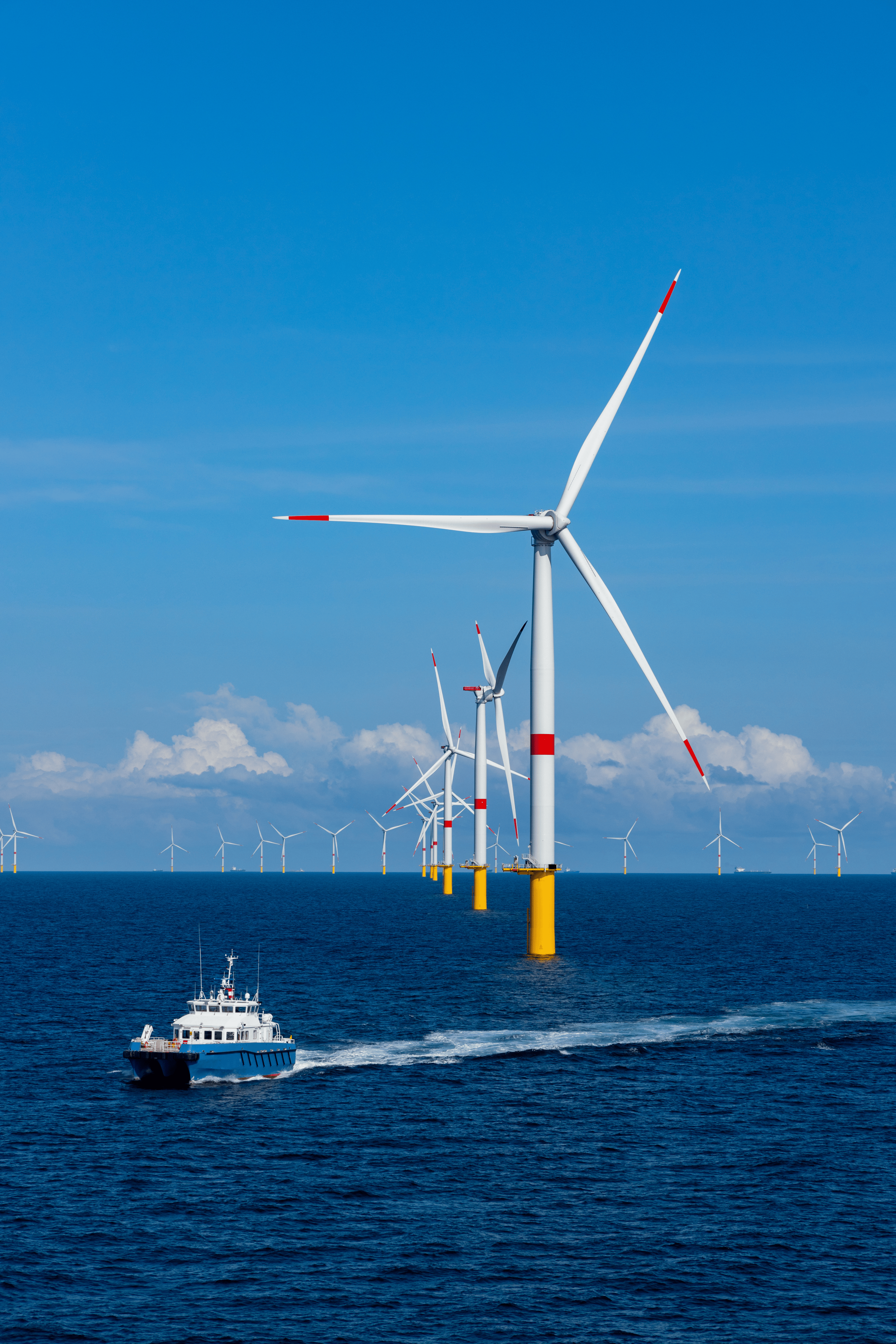
Sustainable Blue Economies
Blue economy can serve as a key tool to achieve sustainable use of the ocean and marine resources for sustainable growth of economic sectors that rely on the ocean, such as tourism, shipping, fishing and offshore wind energy, that will bring prosperity and employment creation, while preserving ocean ecosystem health.
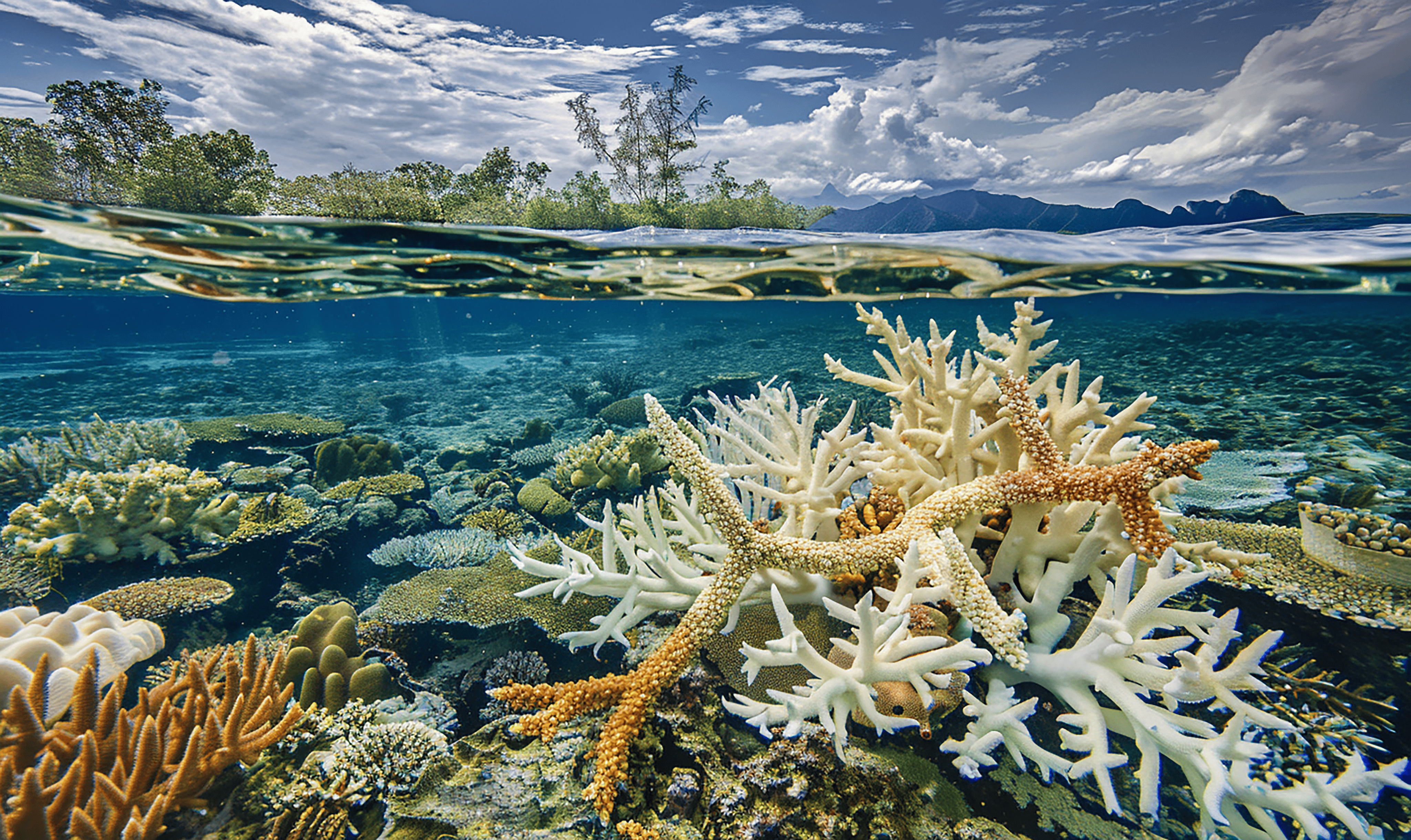
Climate Change
Strengthening the nexus between the ocean and climate change is of paramount importance for bringing forth solutions in a holistic manner. The ocean plays a key role as climate regulator and can serve as a vehicle for clean transition, whilst climate actions aim to preserve a healthy state of the ocean.
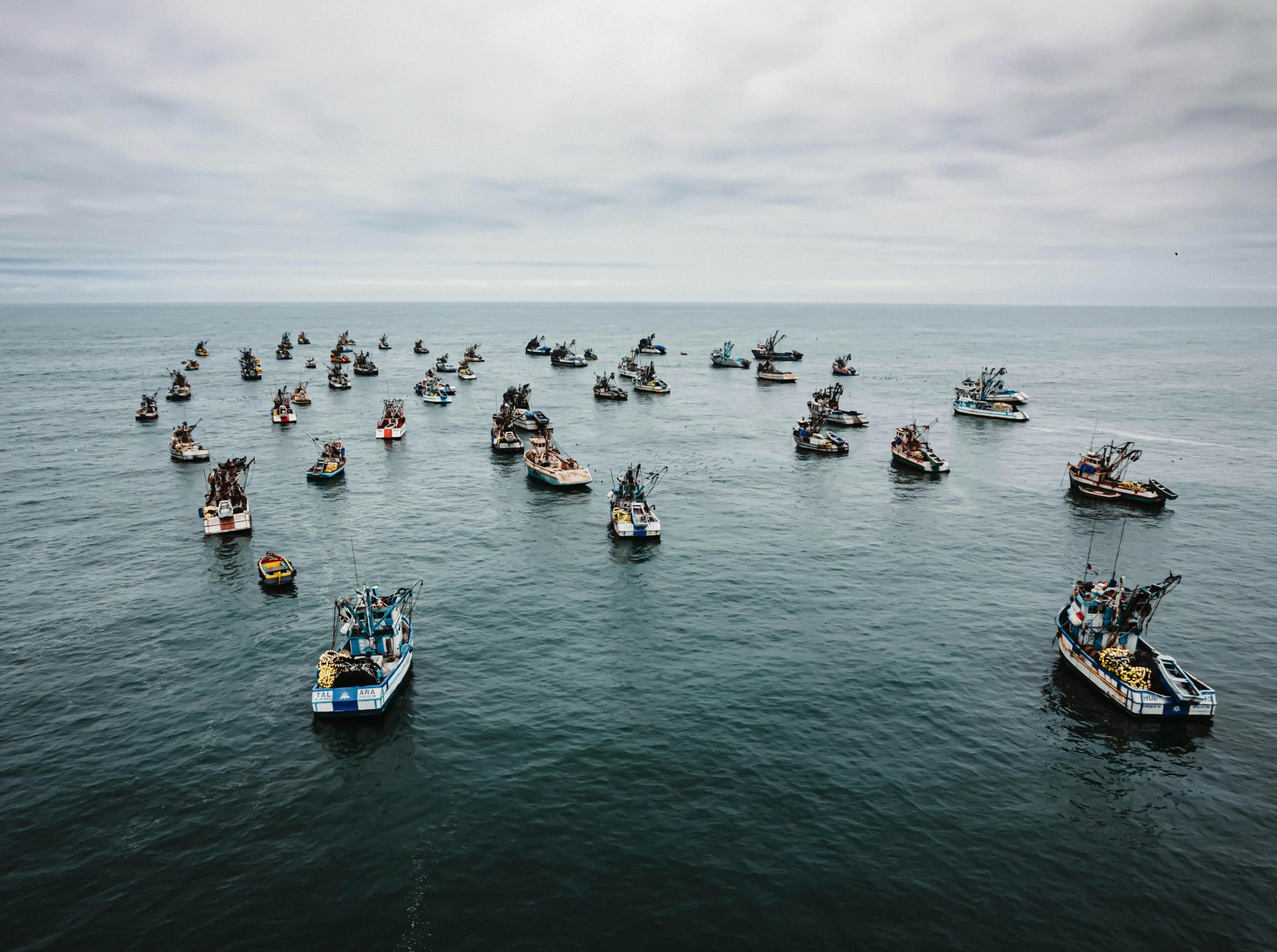
Maritime Security
Safeguarding the ocean from piracy, illegal trafficking of goods and people, illegal fishing and pollution and other illegal activities at sea is a key challenge that needs to be effectively addressed and to bring about innovative and creative efforts to improve maritime security.
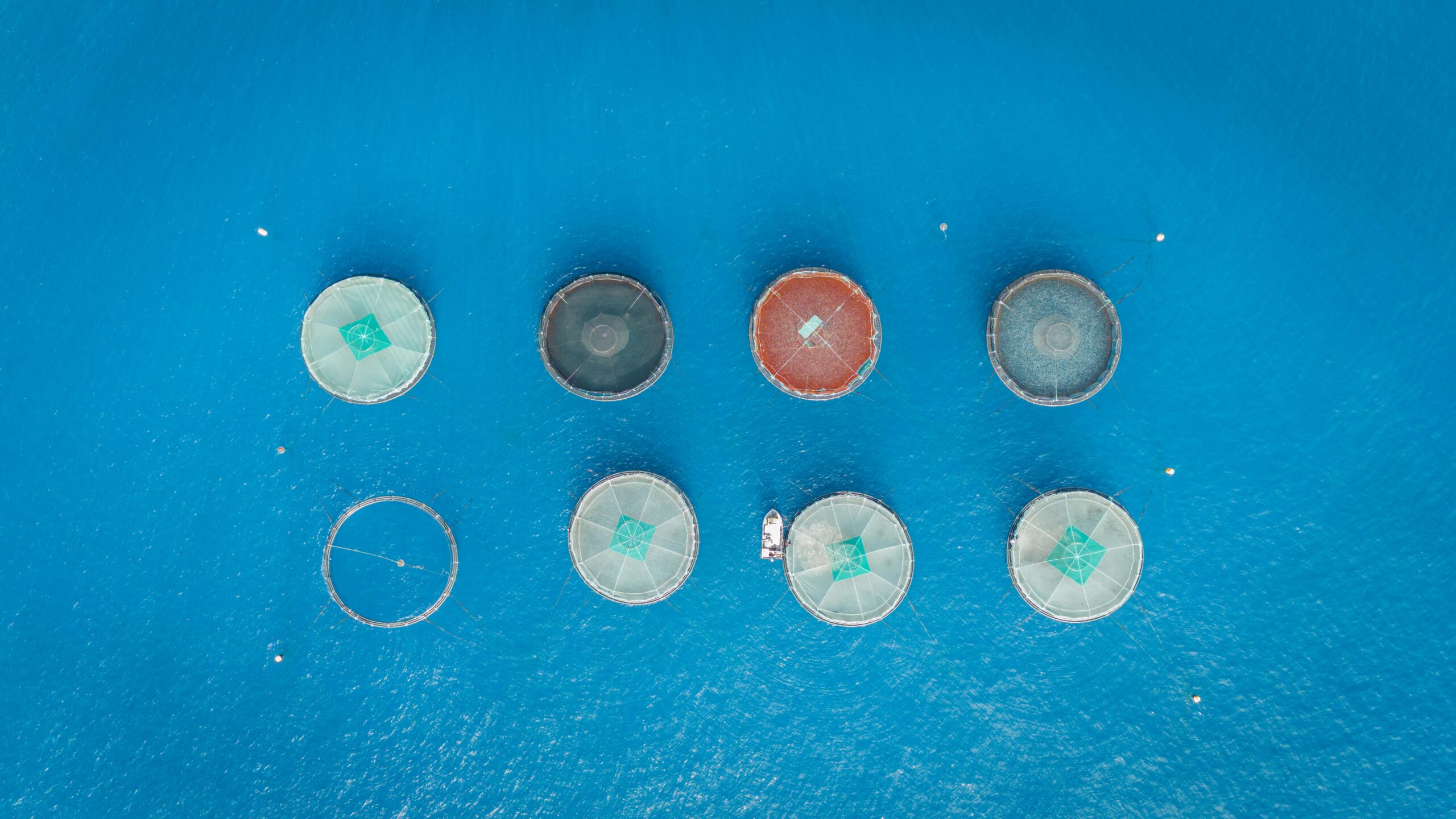
Sustainable Fisheries
To reap the benefits of a resilient ocean, it is essential to incorporate sustainable fisheries policies though adequate fishing methods, surveillance of prohibitions and restrictions and other integral solutions to effectively tackle overfishing that poses a direct threat to marine biodiversity.
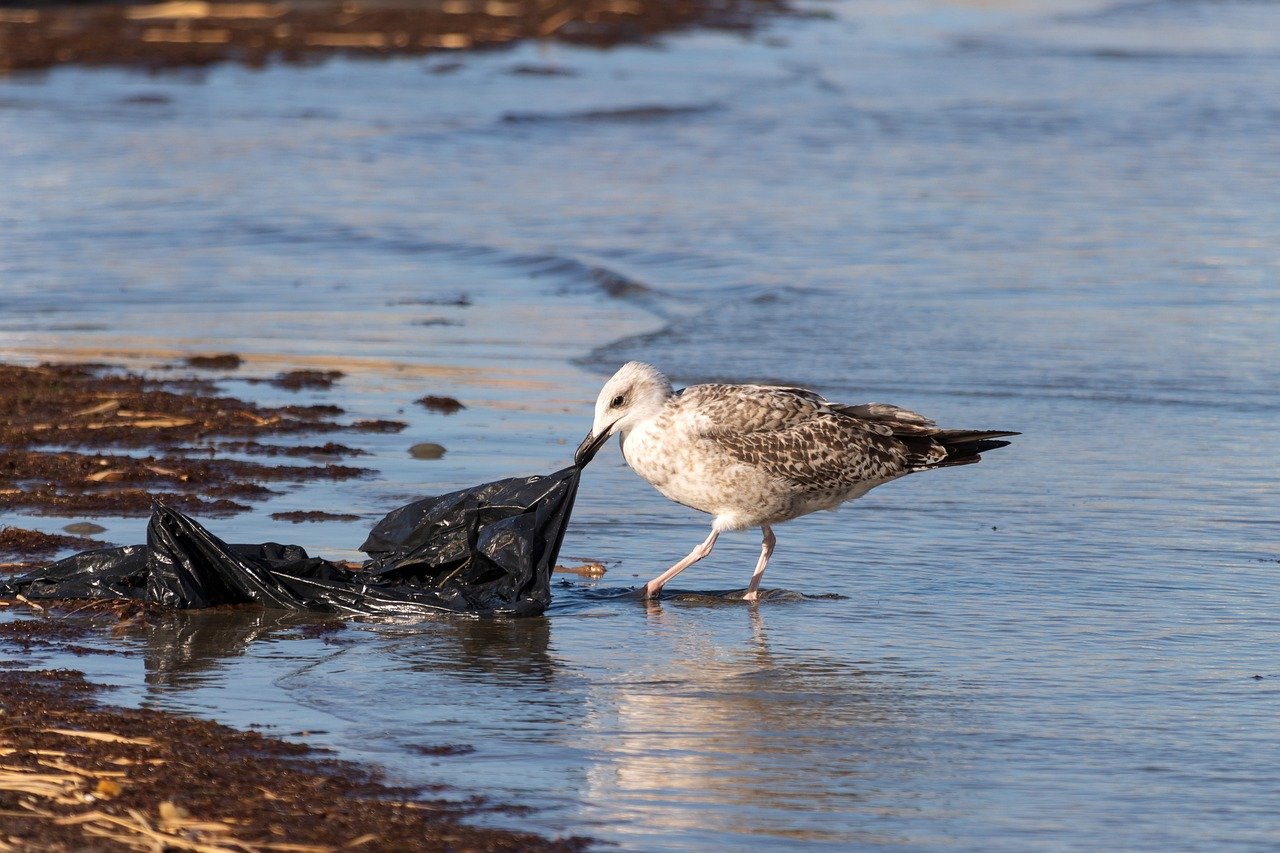
Marine Pollution
Marine pollution, such as eutrophication, marine litter, and chemical pollution, occurs from either seaborne or land-based activities and imposes significant threat to the ocean health. A more holistic approach with joint efforts is crucial to prevent and control anthropogenic pollution that ends up in the ocean.

Marine Protected Areas
An effectively managed network of Marine Protected Areas (MPAs) with well-defined conservation measures that address the pressures of ocean-based activities, such as tourism, shipping, fishing, and aquaculture, is an essential instrument for safeguarding biodiversity and maintaining marine ecosystems.

Sustainable Blue Economies
Blue economy can serve as a key tool to achieve sustainable use of the ocean and marine resources for sustainable growth of economic sectors that rely on the ocean, such as tourism, shipping, fishing and offshore wind energy, that will bring prosperity and employment creation, while preserving ocean ecosystem health.

Climate Change
Strengthening the nexus between the ocean and climate change is of paramount importance for bringing forth solutions in a holistic manner. The ocean plays a key role as climate regulator and can serve as a vehicle for clean transition, whilst climate actions aim to preserve a healthy state of the ocean.

Maritime Security
Safeguarding the ocean from piracy, illegal trafficking of goods and people, illegal fishing and pollution and other illegal activities at sea is a key challenge that needs to be effectively addressed and to bring about innovative and creative efforts to improve maritime security.

Sustainable Fisheries
To reap the benefits of a resilient ocean, it is essential to incorporate sustainable fisheries policies though adequate fishing methods, surveillance of prohibitions and restrictions and other integral solutions to effectively tackle overfishing that poses a direct threat to marine biodiversity.

Marine Pollution
Marine pollution, such as eutrophication, marine litter, and chemical pollution, occurs from either seaborne or land-based activities and imposes significant threat to the ocean health. A more holistic approach with joint efforts is crucial to prevent and control anthropogenic pollution that ends up in the ocean.

Marine Protected Areas
An effectively managed network of Marine Protected Areas (MPAs) with well-defined conservation measures that address the pressures of ocean-based activities, such as tourism, shipping, fishing, and aquaculture, is an essential instrument for safeguarding biodiversity and maintaining marine ecosystems.

Sustainable Blue Economies
Blue economy can serve as a key tool to achieve sustainable use of the ocean and marine resources for sustainable growth of economic sectors that rely on the ocean, such as tourism, shipping, fishing and offshore wind energy, that will bring prosperity and employment creation, while preserving ocean ecosystem health.

Climate Change
Strengthening the nexus between the ocean and climate change is of paramount importance for bringing forth solutions in a holistic manner. The ocean plays a key role as climate regulator and can serve as a vehicle for clean transition, whilst climate actions aim to preserve a healthy state of the ocean.

Maritime Security
Safeguarding the ocean from piracy, illegal trafficking of goods and people, illegal fishing and pollution and other illegal activities at sea is a key challenge that needs to be effectively addressed and to bring about innovative and creative efforts to improve maritime security.

Sustainable Fisheries
To reap the benefits of a resilient ocean, it is essential to incorporate sustainable fisheries policies though adequate fishing methods, surveillance of prohibitions and restrictions and other integral solutions to effectively tackle overfishing that poses a direct threat to marine biodiversity.

Marine Pollution
Marine pollution, such as eutrophication, marine litter, and chemical pollution, occurs from either seaborne or land-based activities and imposes significant threat to the ocean health. A more holistic approach with joint efforts is crucial to prevent and control anthropogenic pollution that ends up in the ocean.
The Our Ocean Conference is by invitation only and is extended to high-level representatives from governments, NGOs, international groups, academia and private sector organisations who intend to make ambitious commitments for ocean protection.

